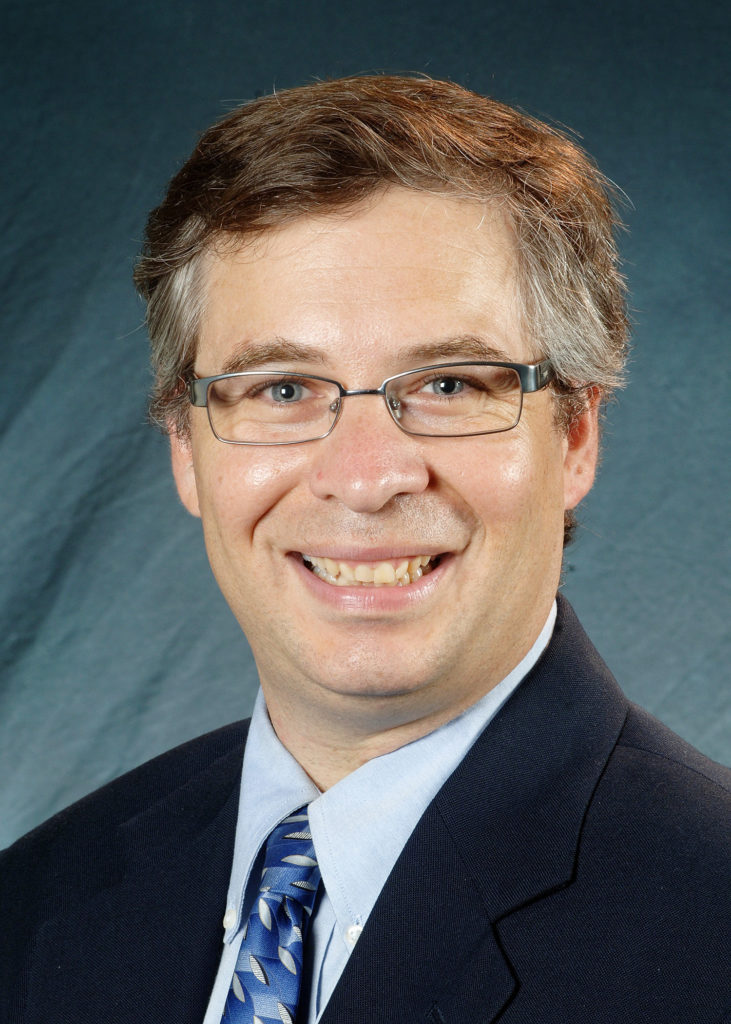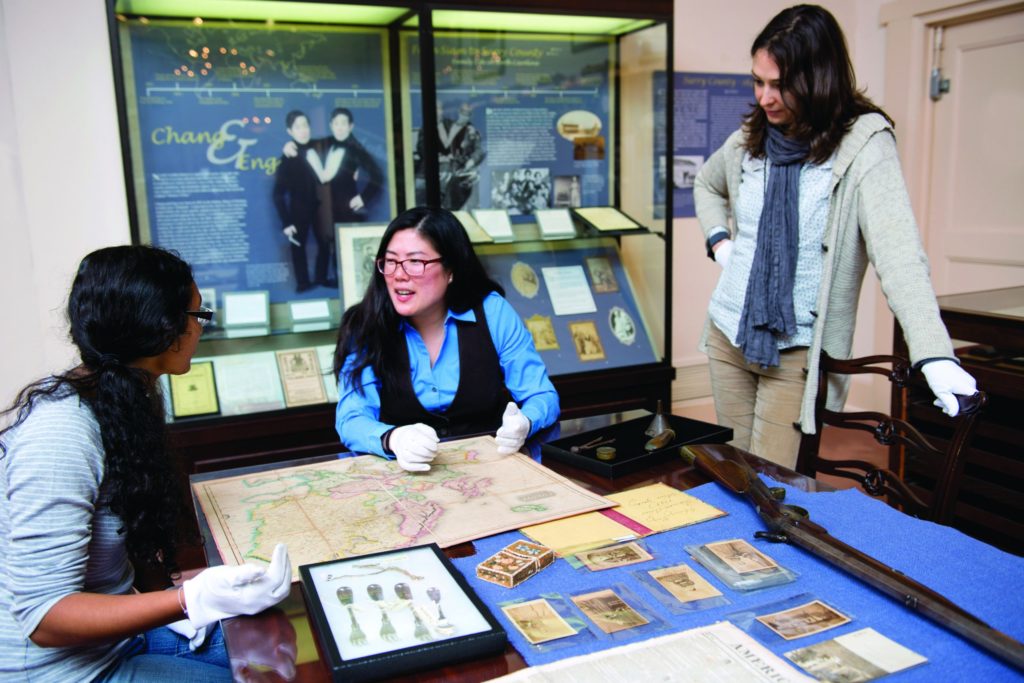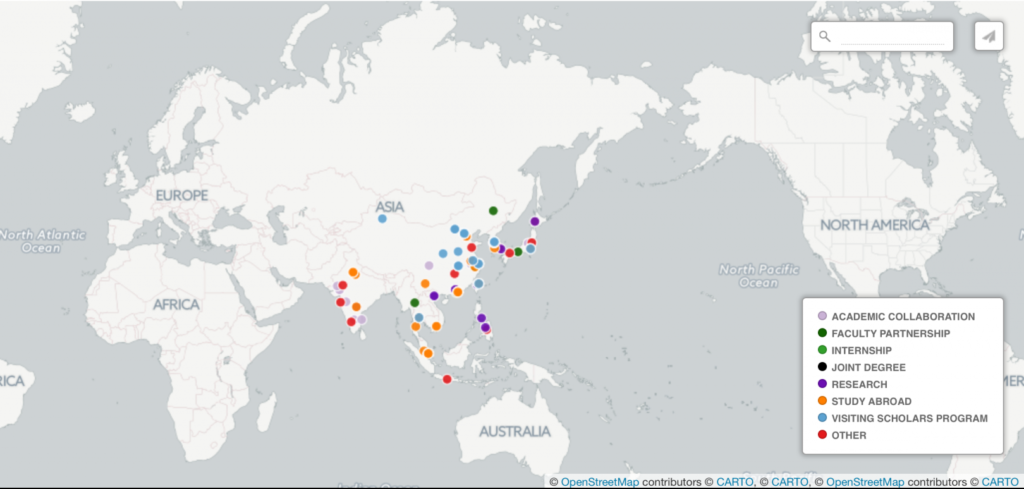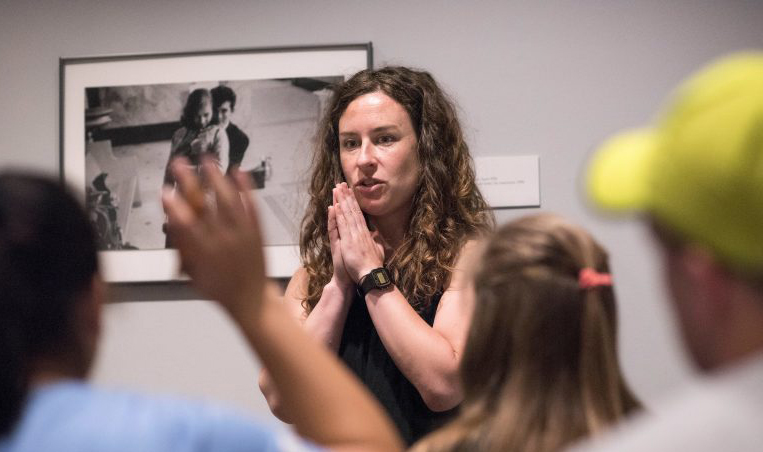
Morehead-Cain scholars Aditi Adhikari and Rishika Reddy spent two months in rural Nicaragua last summer working on a curriculum to help young boys develop a healthy idea of masculinity.
They were among nearly 200 students presenting their research in poster and panel sessions at the 19th annual Celebration of Undergraduate Research in the Frank Porter Graham Student Union at the University of North Carolina at Chapel Hill on April 12.
Adhikari, a public policy major, said the idea of machismo, or exaggerated masculinity, can lead to negative consequences for women’s health and encourage interpersonal violence. The two developed a curriculum that involved games and charlas, or informal chats. They discussed interpersonal violence, active fatherhood and conceptions of masculinity with 43 fourth- through sixth-graders at three schools.
“We hope this curriculum can be sustainable,” said Reddy, a psychology and neuroscience major. “Some people think research is just for the hard sciences, but it’s teaching us to think critically, no matter the discipline.”

Closer to home, Christopher LaMack (majoring in history and archaeology) and Emily Long (English and biology) focused their projects on North Carolina.
LaMack used Structure-from-Motion technology to develop 3-D models of individual features at the Town Creek Indian Mound, a state historic site in Montgomery County. UNC-Chapel Hill has been extensively involved with the site since the 1930s.
“It’s one thing “to go into a meeting and give a five-minute talk about something you’re passionate about,” said LaMack, who received a 2017 Summer Undergraduate Research Fellowship to support his work. “It’s another to actually do it” and to learn firsthand about the advantages and limitations of the technology.
Long, who is minoring in medicine, literature and culture, returned to Ashe County, where she grew up, to examine food security and health care access in rural communities. She found that 20 percent of residents in this mountain region live in poverty, and 72 percent report being forced to choose between paying for food and paying for health care.
She created a health fair, attended by 200 participants, that brought together Ashe Memorial Hospital and the Ashe Sharing Center, a food assistance organization. She collected data and oral histories of residents and presented her findings to the hospital’s CEO. One of the things she found was how difficult it can be for residents in rural communities to have access to medical specialists.
Organizing the health fair “was my favorite part — to bring what I’m learning in health humanities and in the classroom and to actually apply it,” Long said. “We ran out of parking spaces at the health fair, which was a great problem to have!”

Students April Wang and Sean McCaffery manned a table handing out information about UNC JOURney, a journal dedicated to publishing students’ faculty-mentored research.
Wang said it has been “cool to give students the opportunity to produce new content. Seeing it in a journal solidifies that the work is important.”
Research is one of the most important missions of the university, and it has a profoundly positive influence on undergraduate education, said Troy Blackburn, associate dean and director of undergraduate research in the College of Arts & Sciences’ Office for Undergraduate Research, which sponsors the event.
“The wide range of innovative scholarly work our undergraduate students conduct is incredibly impressive,” he said. “This celebration is a testament to the truly outstanding students we have here at Carolina, and it’s an exciting opportunity to interact with them as they showcase their accomplishments.”
View a complete list of student posters and faculty-moderated panel discussion abstracts.
By Kim Spurr, College of Arts & Sciences




